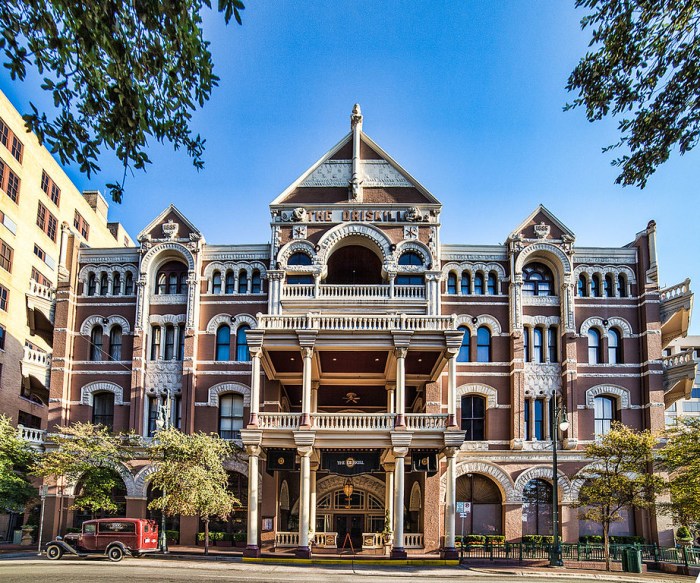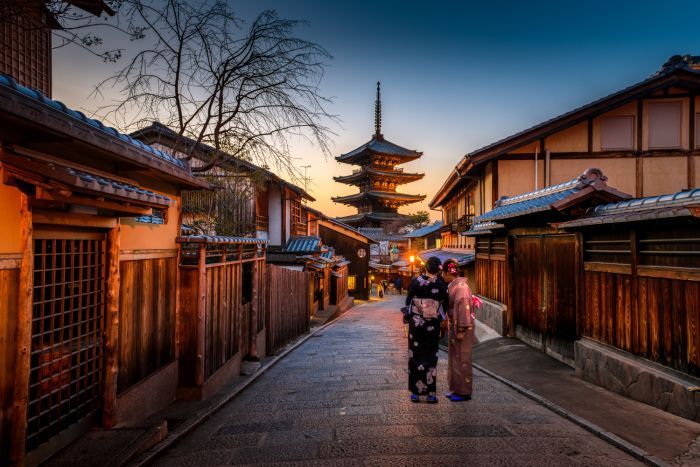
Beginning with Cultural Experiences at Historic Hotels, the narrative unfolds in a compelling and distinctive manner, drawing readers into a story that promises to be both engaging and uniquely memorable.
Explore the significance of immersing in cultural activities at historic hotels, adding a layer of richness to one’s stay while delving into the past and present of these unique establishments.
Cultural Experiences at Historic Hotels
Cultural experiences at historic hotels play a significant role in providing guests with a deeper connection to the local heritage and traditions. These experiences not only showcase the rich history of the property but also offer a unique opportunity for guests to immerse themselves in the culture of the destination.
Examples of Cultural Activities Offered at Historic Hotels
- Guided historical tours of the property highlighting architectural details and significant events.
- Culinary experiences featuring traditional local cuisine and cooking classes.
- Cultural performances such as music concerts, dance shows, or theatrical presentations.
- Artisan workshops where guests can learn traditional crafts or skills from local experts.
- Cultural festivals and celebrations hosted on the hotel grounds, showcasing local traditions and customs.
How Cultural Experiences Enhance the Overall Guest Experience
By participating in cultural activities at historic hotels, guests are able to gain a deeper appreciation for the destination they are visiting. These experiences create lasting memories and connections that go beyond just a typical hotel stay. Immersing oneself in the local culture fosters a sense of belonging and understanding, enriching the overall travel experience and leaving guests with a sense of fulfillment and cultural enrichment.
Preservation of History in Historic Hotels

Preserving history in historic hotels is crucial to maintain the authenticity and charm of these unique properties. It allows guests to immerse themselves in the past and experience a sense of nostalgia and heritage.
Methods for Maintaining Historical Integrity
- Restoration of original architectural features
- Display of historical artifacts and memorabilia
- Offering themed tours and experiences
- Providing historical information in guest rooms or common areas
Challenges in Preserving History
- Balancing the need for modern amenities with historical preservation
- Dealing with structural issues and maintenance of aging buildings
- Ensuring compliance with historical preservation regulations
- Educating staff and guests about the historical significance of the property
Architectural Significance of Historic Hotels

Historic hotels often boast architectural styles that reflect the time periods in which they were built, adding to their charm and allure. The architecture of these hotels plays a crucial role in creating a unique atmosphere that transports guests back in time and immerses them in history.
Architectural Styles in Historic Hotels
- Victorian: Characterized by intricate details, ornate decorations, and grand facades, Victorian architecture can be found in many historic hotels, adding a touch of elegance and sophistication.
- Art Deco: Known for its geometric patterns, bold colors, and streamlined design, Art Deco architecture is prevalent in some historic hotels, creating a sense of glamour and modernity.
Contribution to the Overall Ambiance
The architectural elements of historic hotels, such as towering columns, intricate moldings, and stained glass windows, contribute to the overall ambiance of the property. These features help guests feel as though they are stepping back in time and experiencing a bygone era of luxury and opulence.
Famous Architects and Designers
- Frank Lloyd Wright: Renowned for his innovative designs, Frank Lloyd Wright has left a lasting impact on the world of architecture, with some of his works being featured in historic hotels.
- Georges-Eugène Haussmann: Known for his redesign of Paris in the 19th century, Haussmann’s influence can be seen in the architecture of some historic hotels, particularly those with a French flair.
Historical Significance of Historic Hotels
Historic hotels are often associated with famous historical events or figures, shaping their identity and contributing to local cultural heritage.
Historical Events and Figures
- Many historic hotels have hosted renowned political figures such as presidents, monarchs, and diplomats.
- Some hotels played a role in significant historical events like peace treaties, political summits, or wartime conferences.
- Certain historic hotels were frequented by famous writers, artists, or musicians, adding to their cultural significance.
Shaping Identity
- The presence of historical events and famous figures has shaped the identity of historic hotels, attracting visitors interested in experiencing a piece of history.
- Architecture, decor, and artifacts within these hotels often reflect the time period in which they were built or the historical events they witnessed.
- Stories and legends surrounding these hotels contribute to their allure and mystique, further enhancing their historical significance.
Contribution to Local Heritage
- Historic hotels preserve local history by serving as living relics of the past, offering visitors a tangible connection to the region’s heritage.
- These hotels often collaborate with local historical societies or museums to promote and preserve the cultural legacy of the area.
- By maintaining traditions, hosting historical tours, and showcasing historical artifacts, historic hotels play a vital role in educating the public about the local history and heritage.
In conclusion, Cultural Experiences at Historic Hotels offer a blend of history, architecture, and local heritage, creating unforgettable memories for guests seeking a deeper connection to the past.
Question & Answer Hub
Are cultural activities at historic hotels suitable for all ages?
Yes, most cultural activities are designed to cater to a wide range of ages, ensuring an enriching experience for all guests.
How can guests participate in cultural activities at historic hotels?
Guests can typically sign up for guided tours, workshops, or cultural events organized by the hotel to immerse themselves in the local culture.
Do historic hotels offer modern amenities alongside cultural experiences?
Yes, many historic hotels strike a balance between preserving their heritage and providing modern comforts to guests, ensuring a comfortable stay.





